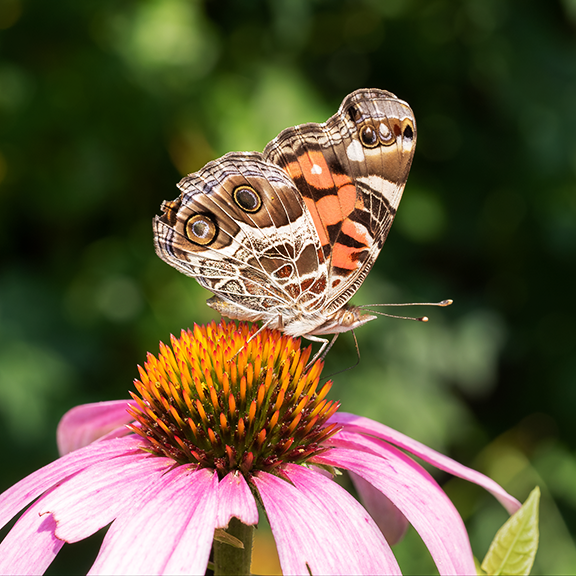Does anyone else find it ridiculous when people claim that a particular non-native plant is part of the “traditional diet” or “traditional medicine” of a particular culture? For example, I’ve heard many times that sweet potato (Ipomoea batatas) is the main staple in the “traditional” Okinawan diet, or that aloo gobhi (potato and cauliflower curry) is part of “traditional” Indian cuisine. If “traditional” is arbitrarily defined as going back only to the start of the use of the plant rather than the start of the culture, it seems to lose its significance. “Our culture has used this plant ever since our culture began to use this plant” does not convey anything meaningful. If people like to eat/use a non-native plant, fine, no problem at all, but to claim that it’s a cultural tradition seems disingenuous.
The way that I see it (as a plant nerd), the only case in which this would make sense is if the founders of a particular culture brought the non-native plant with them when they first permanently settled the place. Does this resonate with anyone?


Personally I think what is left after a colonial genocide could definitely be considered a new culture, but I feel like it depends on how the people within it identify. Like sticking with the topic of indigenous peoples, the loss of traditions and language is a big deal, but that doesn’t mean that the culture is different. Carrying on with whatever fidelity is possible seems like a fair way to cobsider yourself a continuation instead of a whole new deal.
Sorry if that’s incoherent lol I’m not running at 100% today. I like talking about semantics
All good. I don’t think that there is a single correct answer to this.